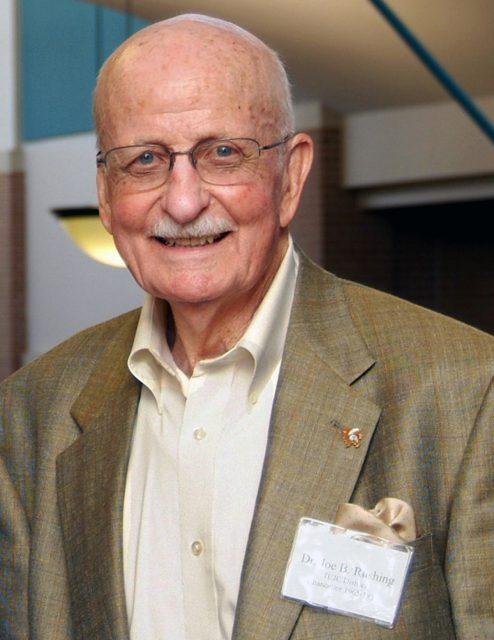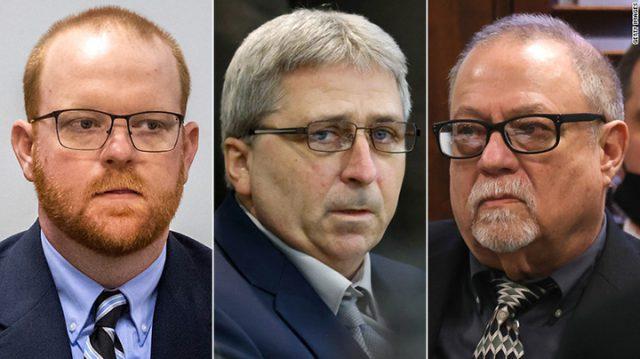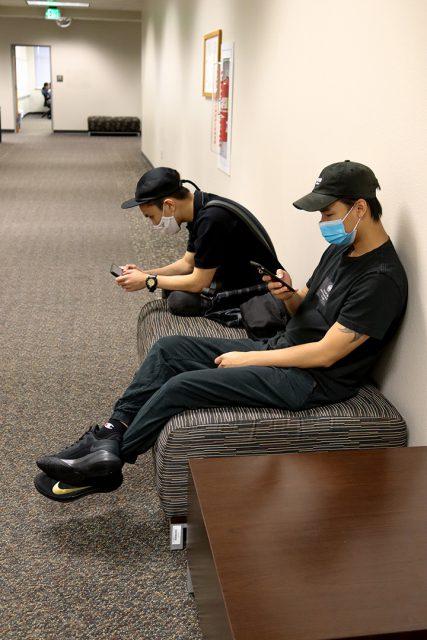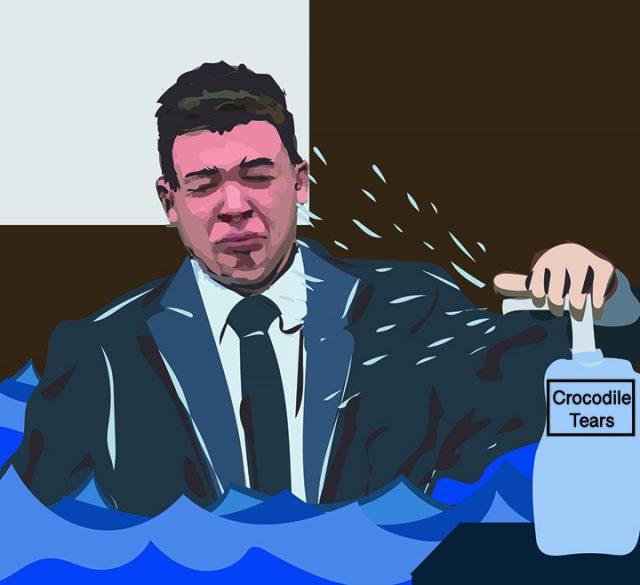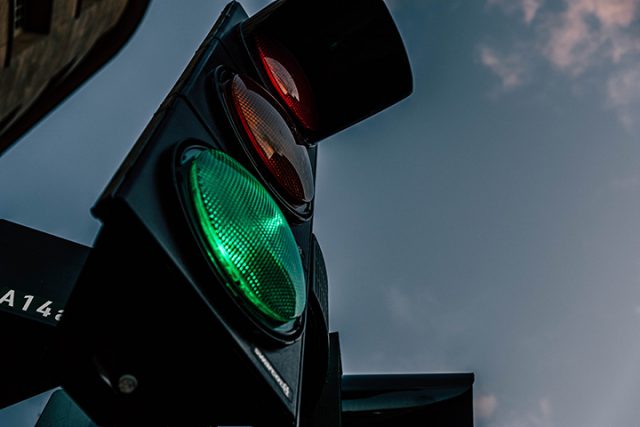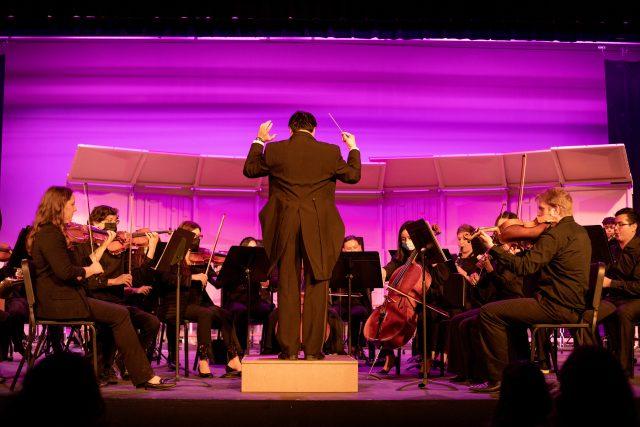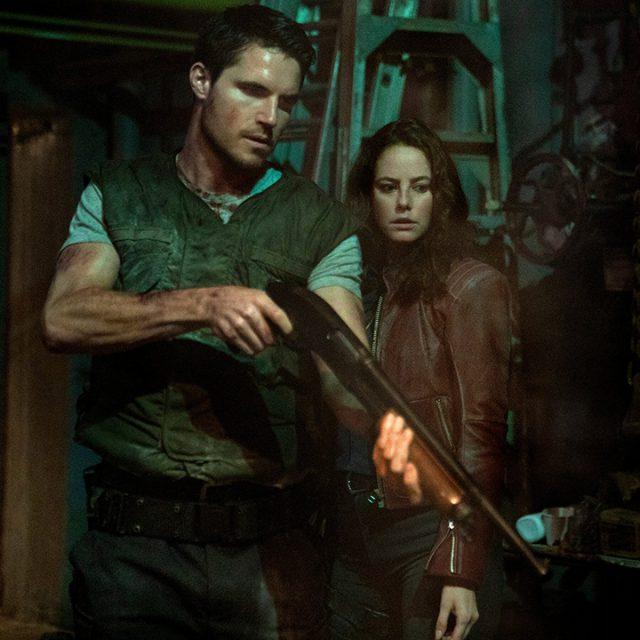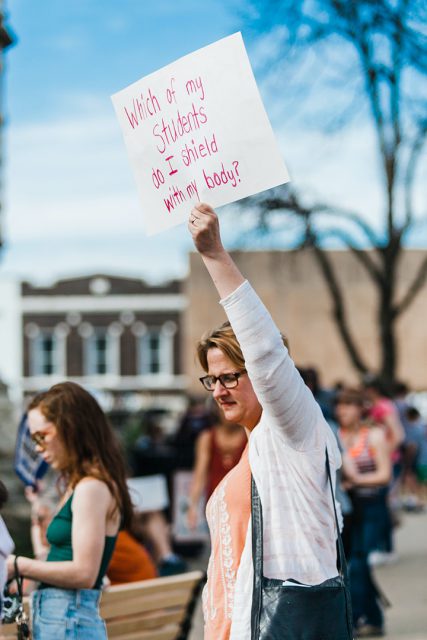
Logan Evans
managing editor
In a rare legal move, the parents of Oxford High School shooter Ethan Crumbley were recently charged with involuntary manslaughter for the Nov. 30 shooting that killed four and injured seven.
There were clear signs their son was planning to commit his murders, and these signs were overlooked by the parents, a Michigan prosecutor says. The same can not be said for Crumbley’s teachers, who took every action to alert school officials of his behavior and were failed by their workplace.
The morning of the shooting, one of Crumbley’s teachers approached school counselors with an alarming note found on the student’s desk that included drawings of a handgun aimed at the words, “The thoughts won’t stop. Help me.” The day before, Crumbley was caught by a teacher looking up ammunition on his phone.
To the school’s credit, they did mandate that Crumbley enter counseling within 48 hours. They evaluated him and actually attempted to send him home with his parents after a meeting about his behavior, but when his parents refused to take him, Crumbley was sent back to class.
Oakland County Sheriff Mike Bouchard said he believes the evidence collected by teachers before the shooting was enough for the school to have contacted law enforcement. In response, Superintendent Tim Throne issued a statement defending the school’s decision to release Crumbley and announced a third-party investigation on the morning of Nov. 30.
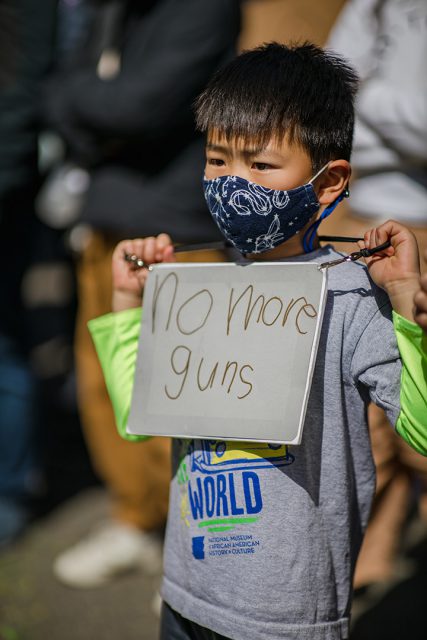
While school counselors could not have known all of the details we know now, this behavior should have been taken more seriously. Most mass shooters do not make their plans known, so when one essentially does, how are those plans allowed to come to fruition?
School officials must listen to and believe teachers when it comes to the concerning behavior of students. The exact teachers who are trained to barricade doors, evade gunmen and protect rooms full of children as a part of their career in education should have a little more influence when they sense something amiss.
Teachers spend more direct time with more students than counselors, principals and school boards combined. In some cases, teachers spend more time with students than those students spend with their parents. Teachers know students. They know when something is wrong.
Sending a troubling student back to class without a deeper investigation is — at best — a slap in the face to those teachers who keep an eye out. At worst, and in this case, it can be a deadly mistake
Learning to predict a potential mass shooting should not have to be a part of a teacher’s job description. But if it needs to be, those teachers should be given more respect when they report a troubled student.
























